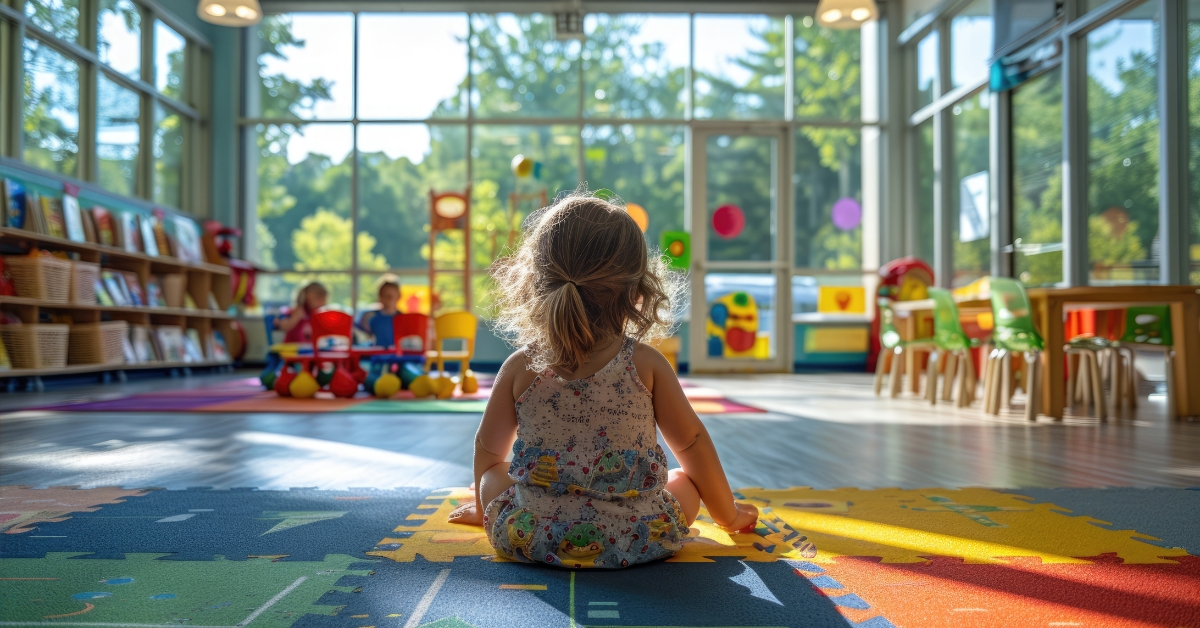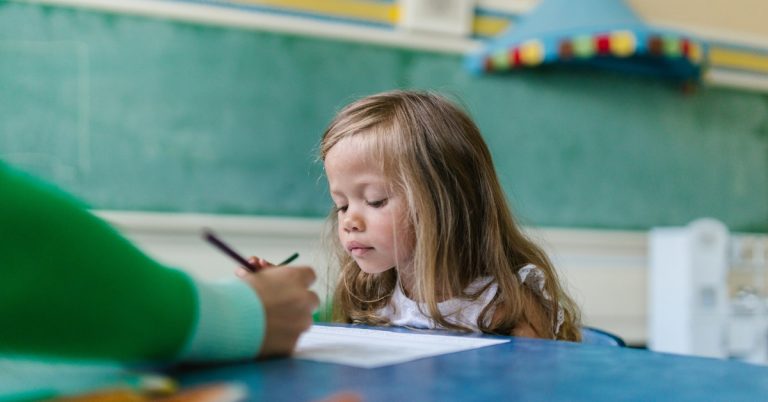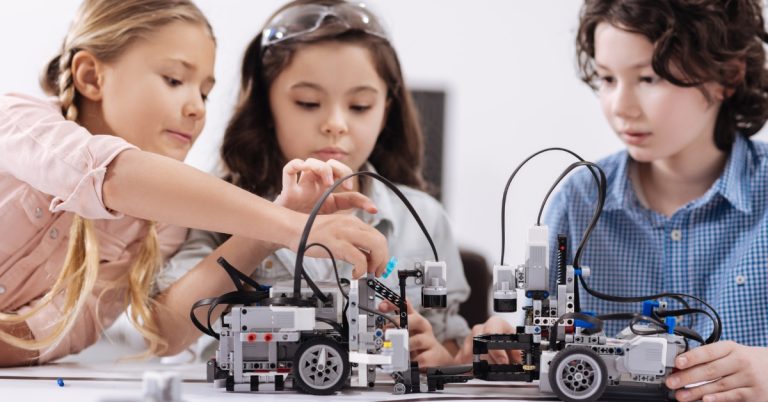Early childhood education is undergoing a dynamic transformation as new research, societal expectations, and technological advancements shape the landscape of learning for our youngest generations. As parents and educators navigate these changes, it is essential to be informed about emerging trends that can influence teaching methodologies, child development, and overall classroom environments. Here’s a closer look at some of the most significant trends in early education today.
1. Play-Based Learning: The Heart of Early Education
Play-based learning continues to gain traction as a fundamental approach in early education. Research shows that children learn best through play, which allows them to explore, discover, and engage with their surroundings. Educators are increasingly designing activities that incorporate open-ended play, helping children develop critical thinking, social skills, and emotional intelligence.
Parents can support this approach by encouraging unstructured play at home, whether indoors or outdoors. Engaging children in creative activities—like art, building, or pretend play—can foster their imaginations and help them apply what they’ve learned in school.
2. Social-Emotional Learning (SEL) Integration
As awareness of the importance of mental health grows, so does the emphasis on social-emotional learning (SEL) in early education settings. Recognizing and managing emotions, developing empathy, and building relationships are critical components of a well-rounded education.
Educators are adopting SEL frameworks into their curricula, teaching children how to understand their feelings and those of others. Parents can reinforce these lessons at home by modeling positive emotional responses and encouraging open discussions about feelings.
3. Culturally Responsive Teaching
In an increasingly diverse world, culturally responsive teaching is becoming a necessary approach in early education. This trend emphasizes the importance of recognizing and valuing the cultural backgrounds of all students, which enhances their learning experiences.
Educators are crafting inclusive curricula that reflect diverse perspectives and practices, allowing children to see themselves and their families represented in what they learn. For parents, engaging in conversations about their own cultures and sharing stories can enrich this process, fostering a sense of pride and belonging in their children.
4. Technology Integration
While screen time for young children has often been a subject of concern, research indicates that technology can be beneficial when used appropriately in early education. Digital tools – from educational apps to interactive whiteboards – can provide personalized learning experiences and keep children engaged in ways that traditional methods may not.
However, it’s essential for educators and parents to strike a balance. Technology should supplement, not replace, hands-on learning and interpersonal interactions. Parents can take an active role by setting limits on screen time and selecting high-quality educational content that aligns with their child’s learning goals.
5. Nature-Based Learning
As the awareness of nature’s importance in child development grows, nature-based learning is gaining momentum. This approach encourages outdoor experiences that promote physical health, creativity, and environmental stewardship. There is a growing body of evidence supporting the idea that time spent in nature can improve focus, reduce stress, and foster a lifelong connection with the environment.
Parents can facilitate nature-based learning by arranging outdoor activities, such as nature walks, gardening, or simple outdoor play, allowing children to engage with their surroundings and learn about the world firsthand.
6. Focus on Lifelong Learning Skills
The skills needed in today’s rapidly changing world extend beyond traditional academic content. Educators are increasingly focusing on fostering lifelong learning skills, such as critical thinking, creativity, collaboration, and communication.
These skills can be incorporated into daily routines and activities in multiple ways. Parents can encourage children to ask questions, solve problems, and collaborate with peers during playtime or family activities, reinforcing the idea that learning is a continuous journey.
Conclusion
Staying informed about these emerging trends is crucial for both parents and teachers as they work together to create supportive and enriching environments for young learners. By aligning educational approaches with contemporary research and practices, we can better prepare our children for the challenges and opportunities that lie ahead. Embracing play-based learning, social-emotional development, cultural responsiveness, technology, nature, and lifelong learning will not only enhance educational experiences but also cultivate a generation of resilient, compassionate, and capable individuals. As we look to the future, it’s clear that the foundation laid in early education will have lasting impacts on children’s growth and development, making engagement in these trends more important than ever.



